What’s fuelling the world’s recent wildfires
New research says climate change is fanning the flames as more intense fires continue to spread
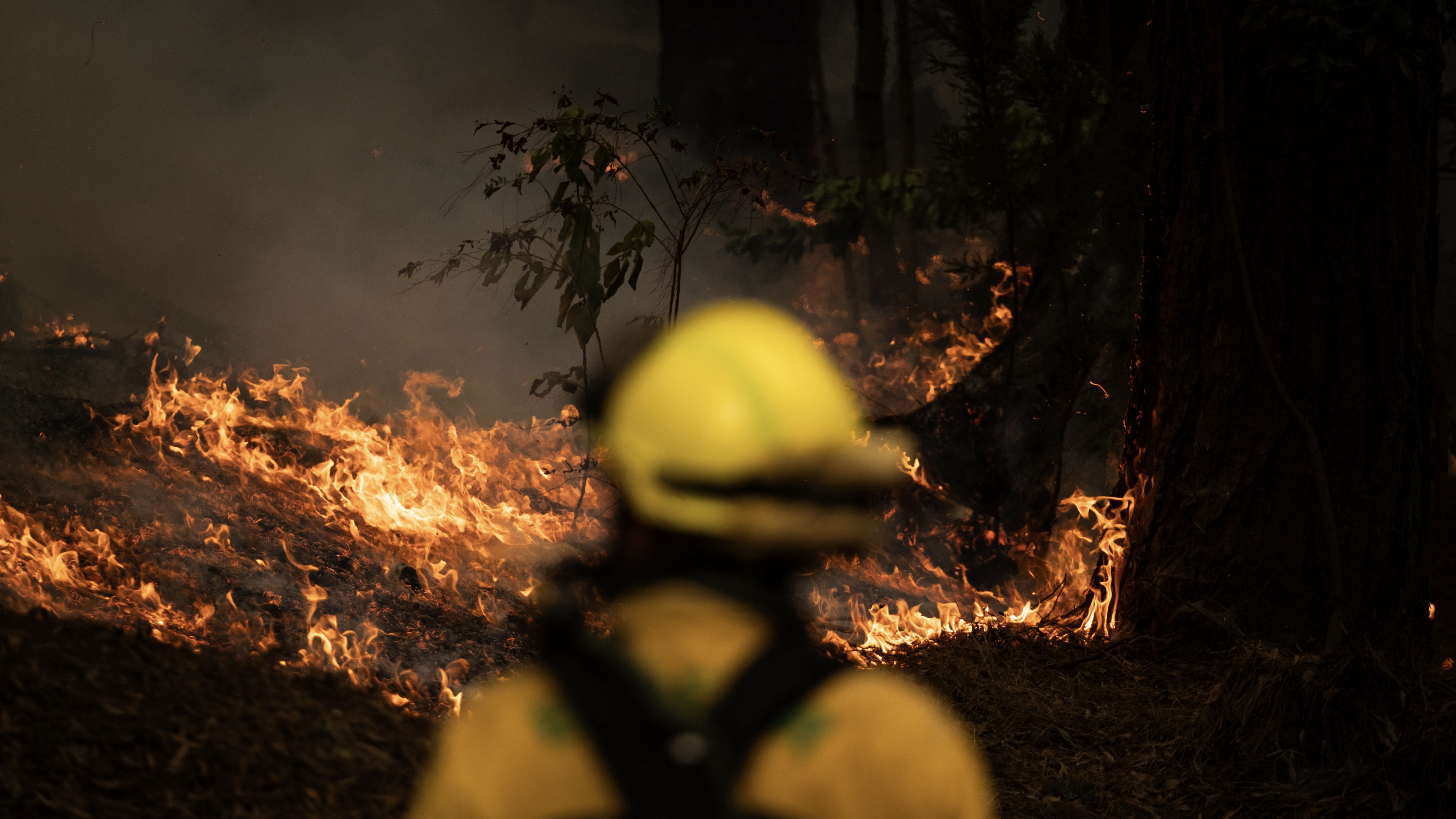
A free daily email with the biggest news stories of the day – and the best features from TheWeek.com
You are now subscribed
Your newsletter sign-up was successful
The “deadliest US wildfires in over a century” have killed more than 100 people in Hawaii and have destroyed more than 2,000 buildings, causing damage estimated at $5.5 billion.
The fire “ravaged” the town of Lahaina and burned “so ferociously that even metal structures melted”, according to Eco-Business. But such devastation isn’t isolated and follows similar wildfires in many countries, including Canada and France this summer. Thousands of tourists have abandoned campsites in France due to wildfires, reported The Telegraph, while Canada is suffering its “worst fire season ever”, said Reuters.
Such “apocalyptic images of wildfire devastation” are beginning to “embody the world’s unfolding climate disaster”, said India Bourke for BBC Future, with research showing the likelihood and intensity of wildfires are increasing due to “human-caused global temperature rise”.
The Week
Escape your echo chamber. Get the facts behind the news, plus analysis from multiple perspectives.

Sign up for The Week's Free Newsletters
From our morning news briefing to a weekly Good News Newsletter, get the best of The Week delivered directly to your inbox.
From our morning news briefing to a weekly Good News Newsletter, get the best of The Week delivered directly to your inbox.
What’s been happening this summer?
The death toll continues to rise “after the deadliest US wildfire in over a century ripped through Maui”, while in Canada “extreme fires blazing across the country are more widespread than at any other time on record”, said Bourke.
In Europe, wildfires scorched 500 hectares of land in southwestern France, forcing up to 3,000 people staying at four campsites south of Perpignan to be evacuated, reported The Telegraph. Eco-Business wrote that wildfires “drove tourists to flee their hotels” in Greece, while MailOnline said that “1,100 firefighters were tackling infernos plaguing the area of Odemira, Portugal”.
In northern Canada, more than 20,000 people in Yellowknife were evacuated as fire crews “battled to keep wildfires from reaching the city”, while fires have “charred millions of hectares” across both Canada and the US. As of 15 August, there were more than 1,000 active wildfires in Canada, with 669 deemed “out of control”, said Reuters.
Is climate change fuelling the wildfires?
This summer has seen “record-breaking heat right across the globe”, reported Channel 4 News’ Fact Check, with China surpassing previous record temperatures and the US “fighting” a combination of flash flooding and heatwaves at opposite ends of the country.
A free daily email with the biggest news stories of the day – and the best features from TheWeek.com
Although hot weather and heatwaves “have been around forever”, Channel 4 News added, new research has found the role of human-caused climate change in this year’s heat has been “overwhelming”. The team of scientists behind this research, known as the World Weather Attribution (WWA) initiative, said the heatwaves “would have been ‘virtually impossible’ without climate change”. China’s heatwave was made 50 times more likely due to climate change, for example, with the results “not surprising”, said the scientists.
The WWA research, however, “did not look specifically at the link” between climate change and the recent wildfires.
Climate change “plays a role”, said MailOnline, because “it is the environment that facilitates the conditions for a wildfire to thrive” – and it’s climate change that is “bringing about more droughts” while creating drier and warmer conditions. But climate change alone “cannot spark a fire – a spark or lightning is still required”.
While the global picture is “complex”, Channel 4 News added, there’s clear UN data showing “the amount of time they burn, the area they destroy and their severity are all increasing”. Climate change is indeed “creating conditions for fires to be much more destructive”.
How can we prevent wildfires from getting worse?
Wildfires will increase by up to 50% by 2100, according to research by the UN Environment Programme (UNEP), and they are expected to become “more commonplace and ferocious over the coming years”, said MailOnline. Extreme fire will happen at a “faster pace” should climate change pass the 2C threshold.
Although at-risk countries have increased resources up to four-fold to “suppress wildfires”, said Eco-Business, they’ve had “limited success in containing damage”. Despite this, there are still a number of measures countries can take to combat the threat of wildfires.
“Protecting and restoring degraded forests” is key, as is “limiting illegal and unsustainable land use”. This is in addition to scaling up monitoring and enforcement, as well as “better land-use planning and building rules”.
UNEP has also “urged governments to radically shift their expenditure and invest more” in preventing wildfires. But, ultimately, there’s “no solution for bringing fire frequency back down to historical levels without drastically cutting greenhouse gas emissions”, according to Eco-Business.
Keumars Afifi-Sabet is a freelance writer at The Week Digital, and is the technology editor on Live Science, another Future Publishing brand. He was previously features editor with ITPro, where he commissioned and published in-depth articles around a variety of areas including AI, cloud computing and cybersecurity. As a writer, he specialises in technology and current affairs. In addition to The Week Digital, he contributes to Computeractive and TechRadar, among other publications.
-
 Political cartoons for February 19
Political cartoons for February 19Cartoons Thursday’s political cartoons include a suspicious package, a piece of the cake, and more
-
 The Gallivant: style and charm steps from Camber Sands
The Gallivant: style and charm steps from Camber SandsThe Week Recommends Nestled behind the dunes, this luxury hotel is a great place to hunker down and get cosy
-
 The President’s Cake: ‘sweet tragedy’ about a little girl on a baking mission in Iraq
The President’s Cake: ‘sweet tragedy’ about a little girl on a baking mission in IraqThe Week Recommends Charming debut from Hasan Hadi is filled with ‘vivid characters’
-
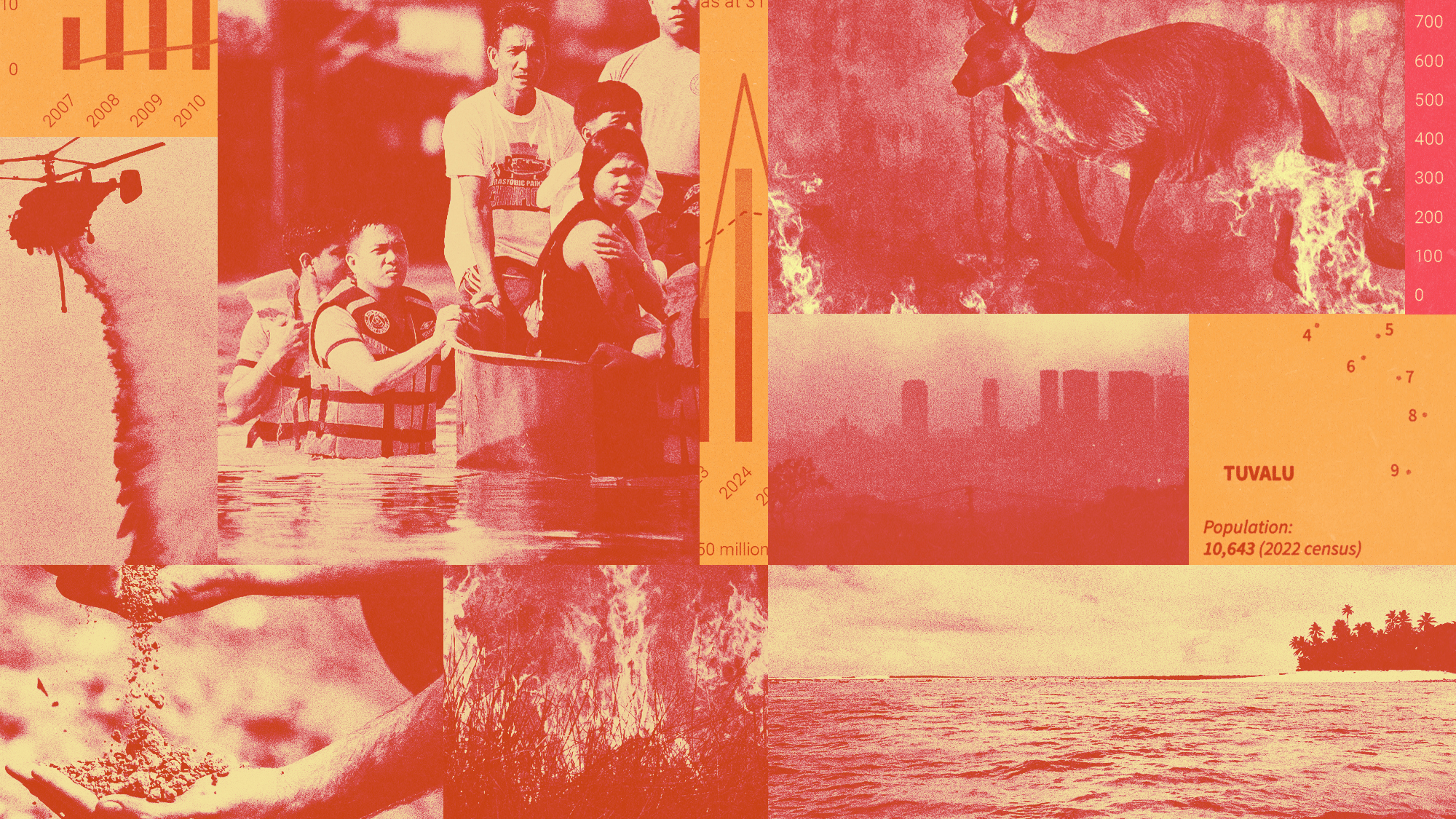 Can the world adapt to climate change?
Can the world adapt to climate change?Today's Big Question As the world gets hotter, COP30 leaders consider resilience efforts
-
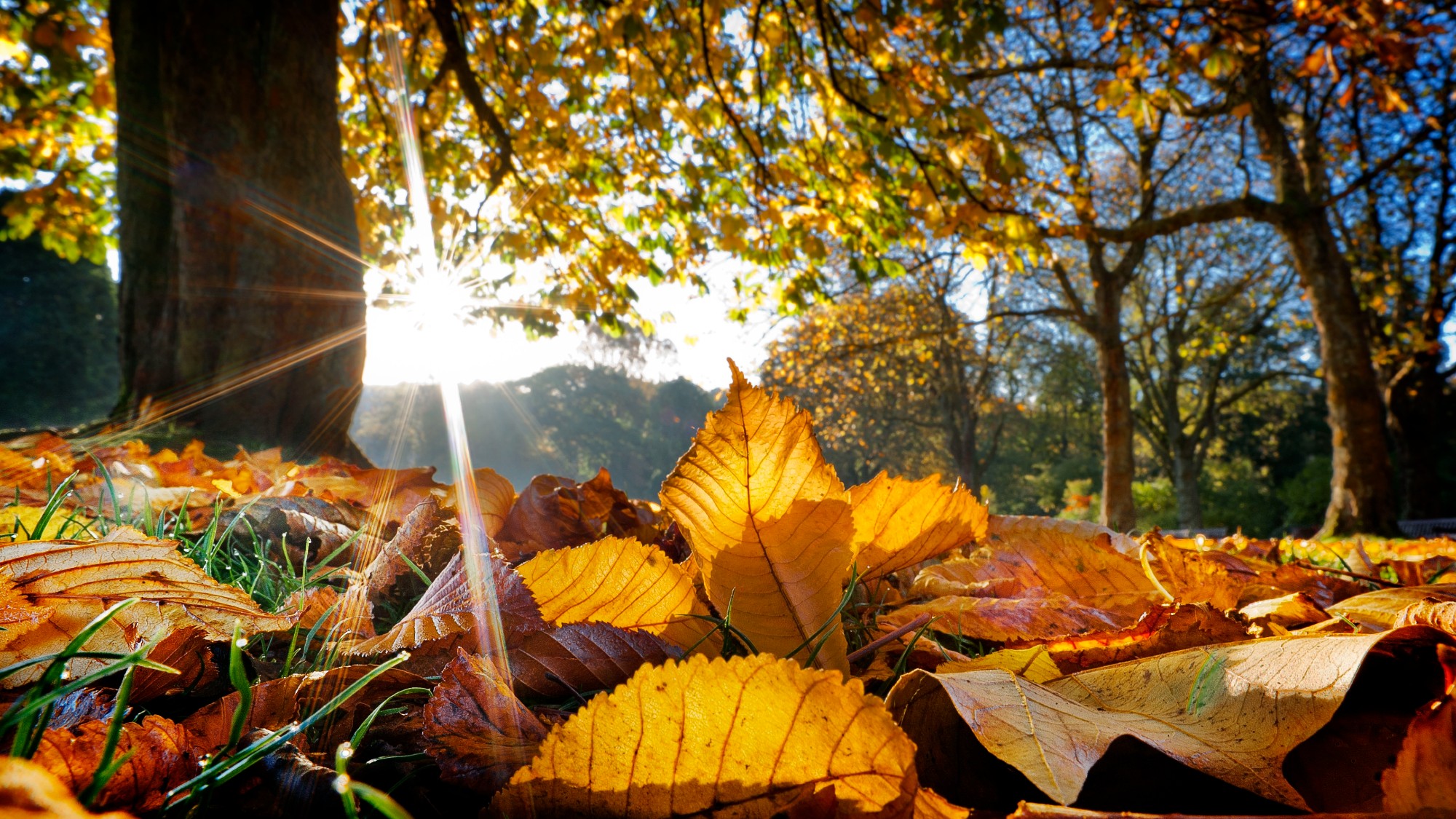 When does autumn begin?
When does autumn begin?The Explainer The UK is experiencing a 'false autumn', as climate change shifts seasonal weather patterns
-
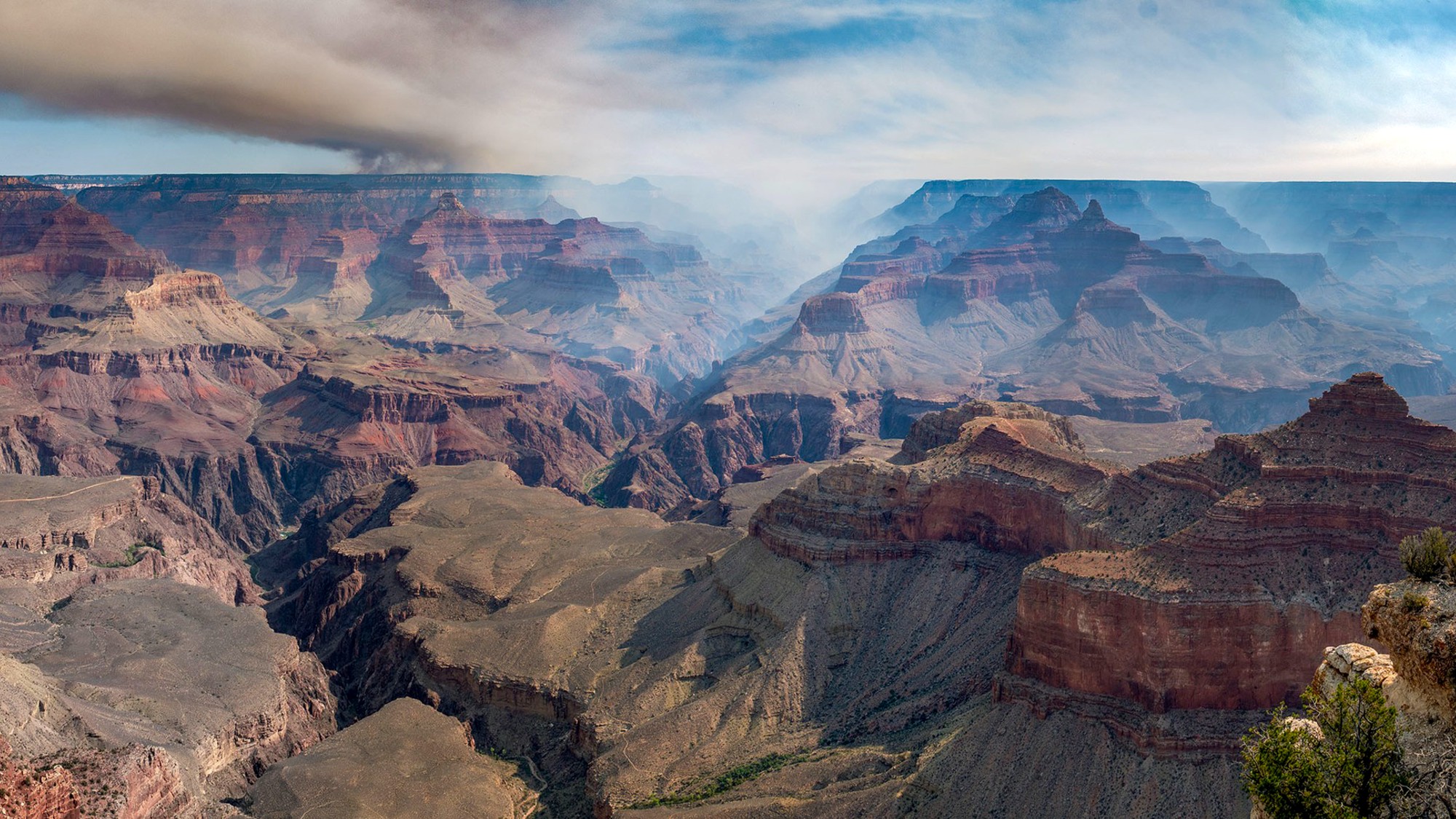 Wildfires destroy historic Grand Canyon lodge
Wildfires destroy historic Grand Canyon lodgeSpeed Read Dozens of structures on the North Rim have succumbed to the Dragon Bravo Fire
-
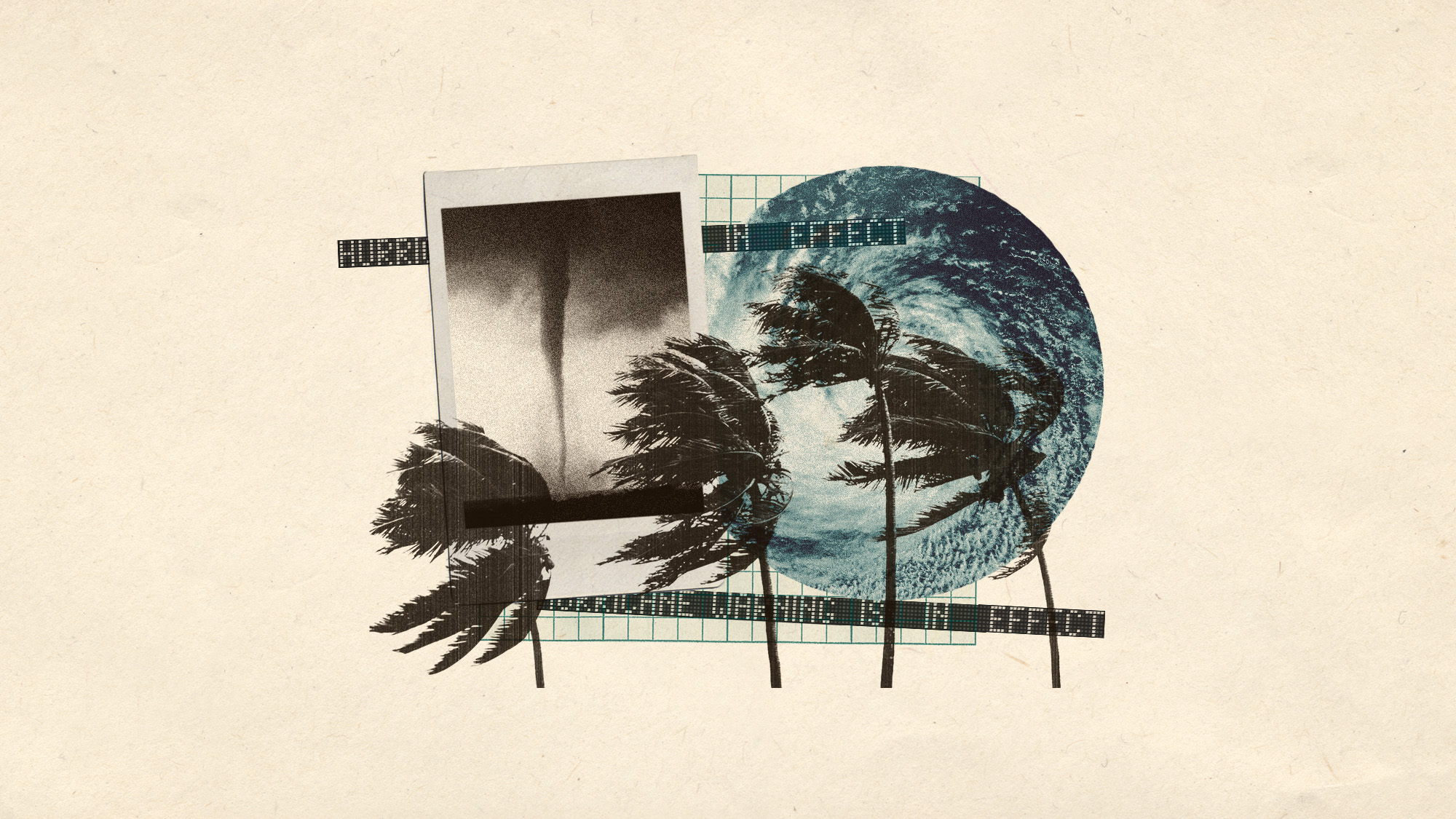 This Atlantic hurricane season is expected to be above average
This Atlantic hurricane season is expected to be above averageUnder the radar Prepare for strong storms in the coming months
-
 Why the weather keeps getting 'stuck'
Why the weather keeps getting 'stuck'In the Spotlight Record hot and dry spring caused by 'blocked' area of high pressure above the UK
-
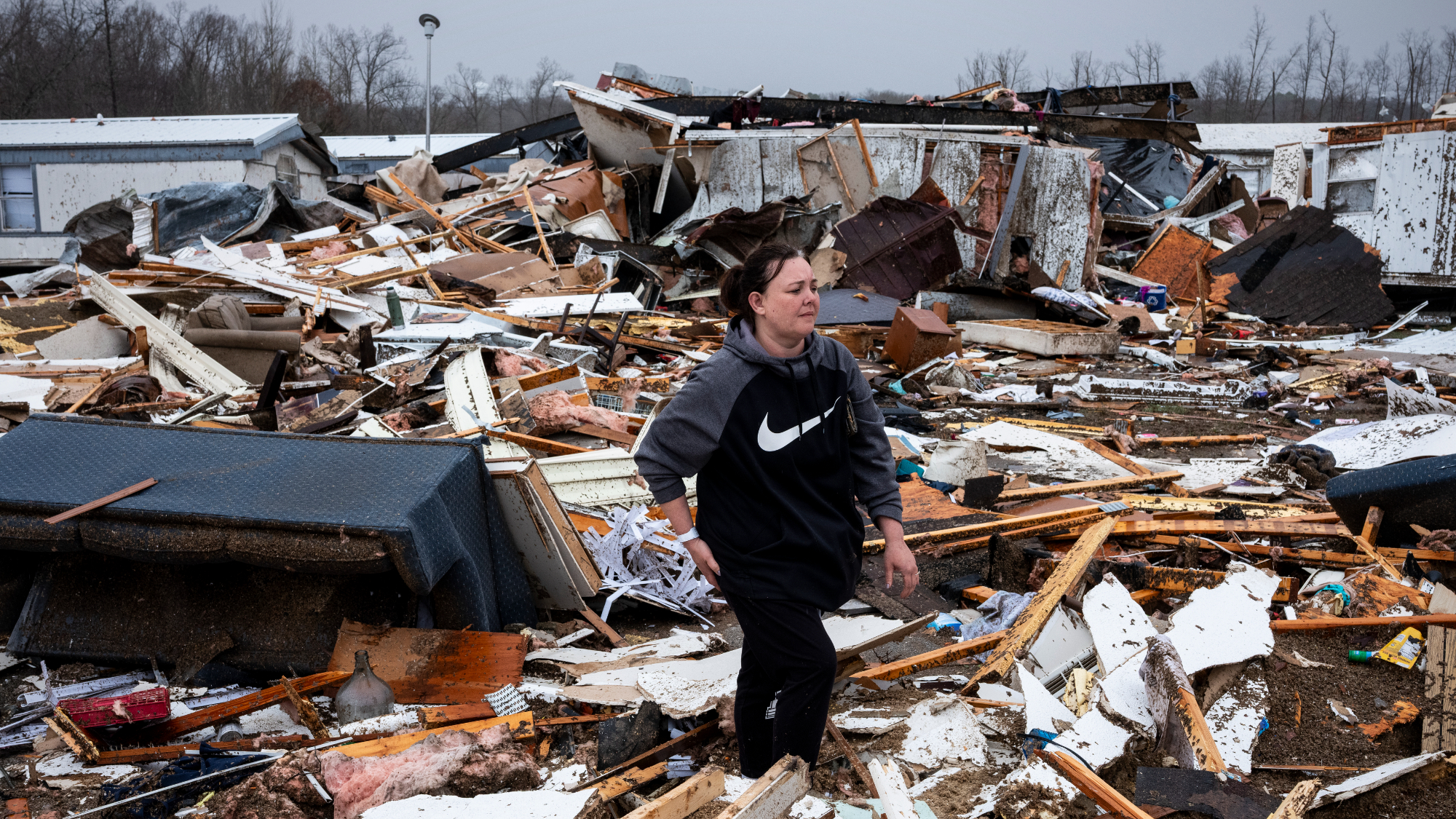 Severe storms kill dozens across central US
Severe storms kill dozens across central USSpeed Read At least 40 people were killed over the weekend by tornadoes, wildfires and dust storms
-
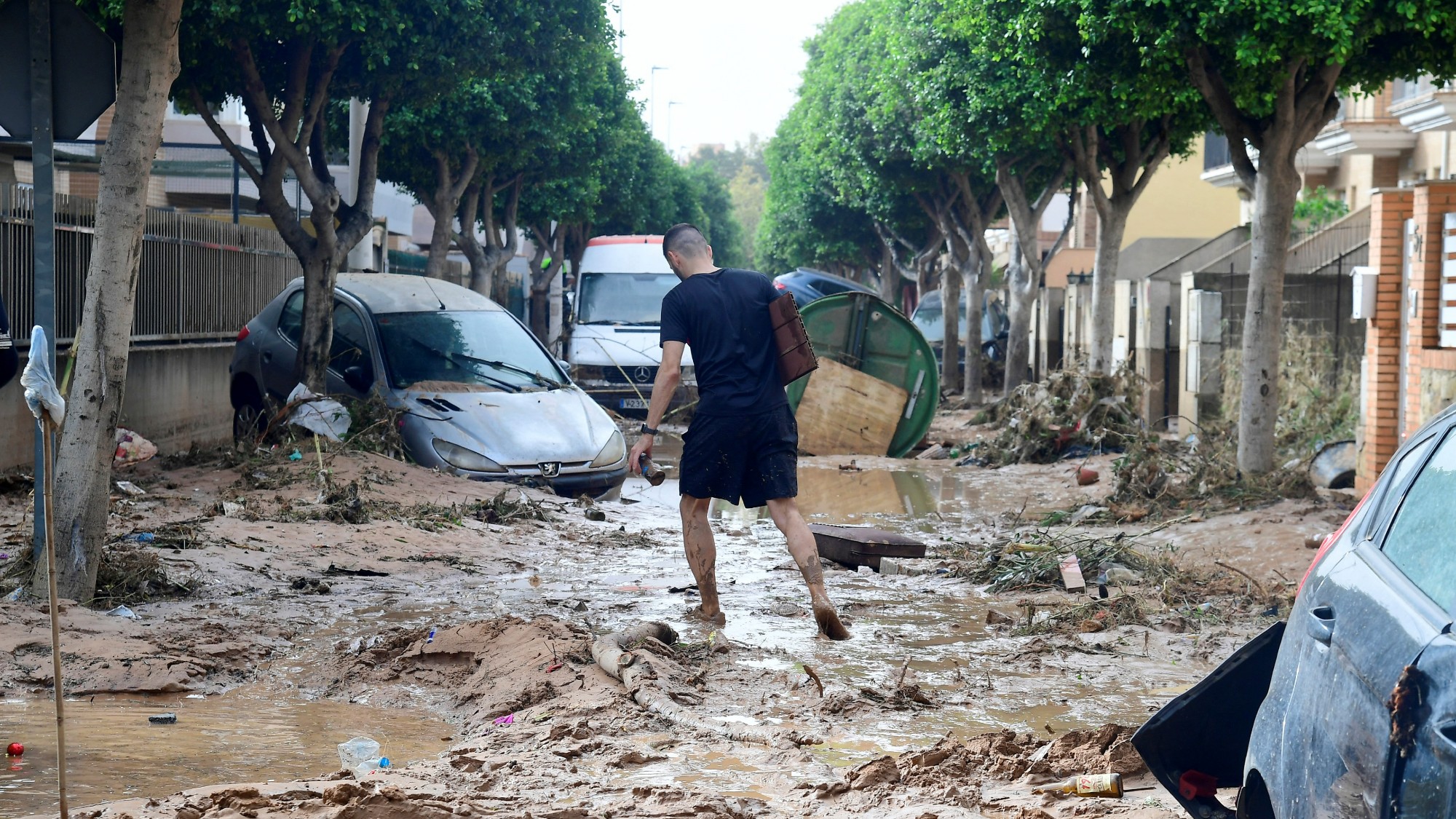 Earth's climate is in the era of 'global weirding'
Earth's climate is in the era of 'global weirding'The Explainer Weather is harder to predict and more extreme
-
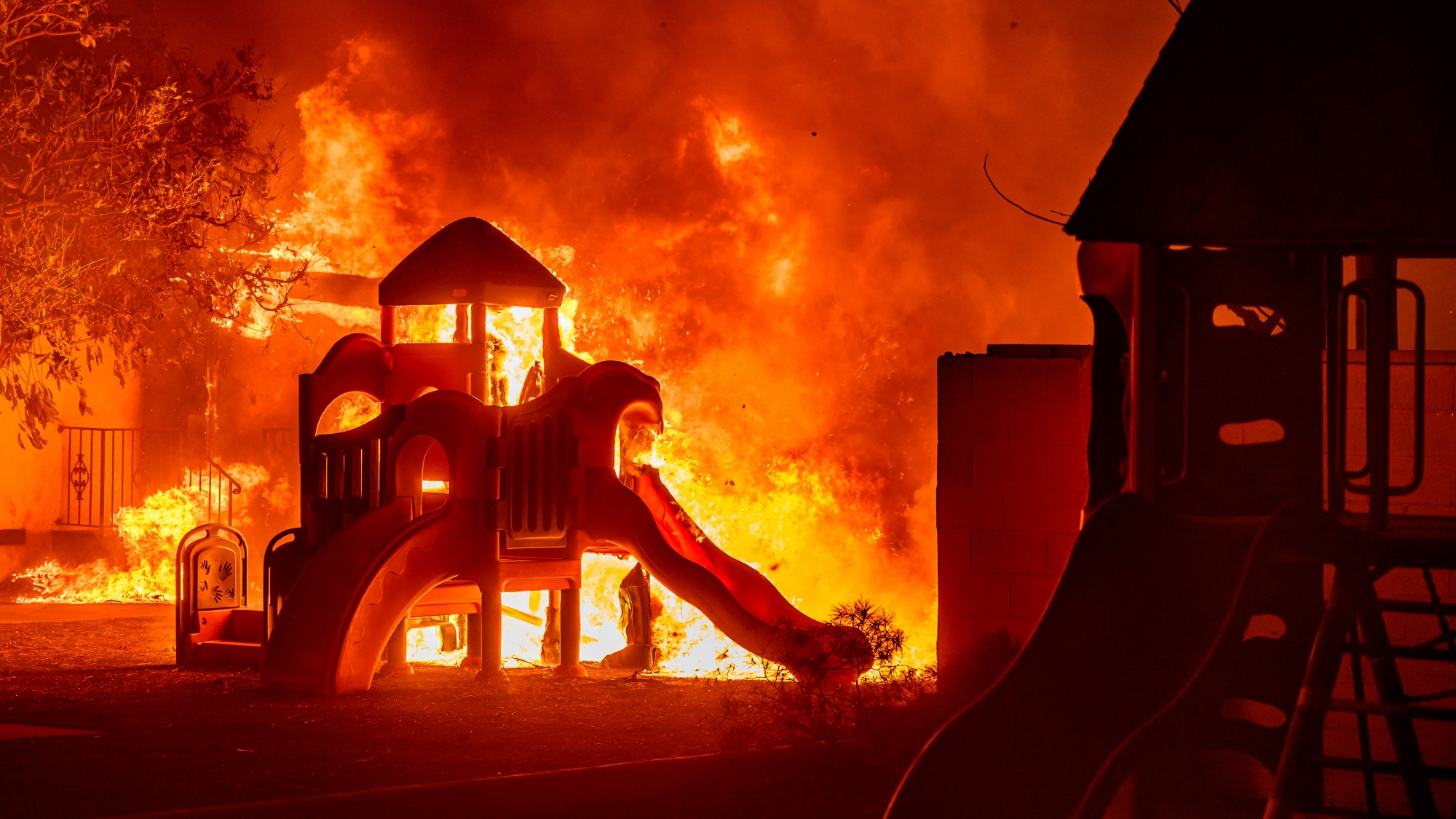 Should Los Angeles rebuild its fire-prone neighbourhoods?
Should Los Angeles rebuild its fire-prone neighbourhoods?Talking Point The latest devastating wildfires must be a wake-up call for Los Angels to 'move away from fire-prone suburban sprawl'